As graduation season approaches, debate is intensifying over how universities should regulate the use of artificial intelligence in student theses.
With the rise of generative AI tools, many Chinese universities have rolled out new restrictions this year aimed at curbing excessive reliance on AI-generated content, citing concerns over academic integrity. But the effectiveness and fairness of these measures remain highly contested.
Several institutions have introduced "AI writing bans", setting limits on the acceptable proportion of AI-generated material in theses. The goal, officials say, is to strike a balance between leveraging technology and preserving human creativity. However, students report a host of challenges, including inaccurate detection and awkward writing alterations, in their efforts to meet AI thresholds.
Some students say their self-written theses were flagged by detection tools as being up to 60 percent AI-generated, prompting them to rewrite logically sound sentences into clunky alternatives. Others are turning to online tutorials and AI tools to help reduce their AI detection scores — essentially using AI to outwit AI.
Fudan University became the first to implement formal rules on AI use in November last year, banning the use of generative tools in key research stages such as study design and data analysis, with violations subject to disciplinary action.
Other universities have followed suit. Guidelines jointly issued by Beijing Normal University's School of Journalism and Communication and East China Normal University require students to label AI-generated content and limit it to no more than 20 percent of their theses. The Tianjin University of Science and Technology requires AI content to remain below 40 percent.
Kong Lintao, deputy director of academic affairs at Tianjin University of Science and Technology, told China Central Television that the policy is designed to allow students to use AI for basic assistance while ensuring the core academic work remains student-led.
Online searches for how to reduce "AI rates" in theses have surged. As demand grows, services promising to lower detection scores have emerged. Providers often offer two approaches: manual editing or using AI to rewrite content in a less detectable form.
Xu Ziya, a senior at the Huazhong University of Science and Technology, told China Daily she has turned to social media tutorials on platforms such as Xiaohongshu to help reduce the AI rate in her journalism thesis. She used AI to summarize interviews she conducted, finding it more effective than doing it manually.
Her university caps AI usage at 20 percent, and she said she was able to reduce her detection score from 24 percent to 3.8 percent. Techniques include turning short sentences into longer ones or vice versa, avoiding formal conjunctions and using more casual language.
"If these methods don't work, just rewrite, paraphrase or delete the whole paragraph," she said.
"I think the AI detection methods are not sophisticated, and the detection rates vary on different platforms," she added. "These platforms use AI to detect AI, so sometimes they judge human writing as machine-generated and vice versa."
Zhou Weijiang, founder of FuturX AI, voiced skepticism toward detection systems, saying they rely too much on indicators such as overly formal wording or flawless logic. In one case, classic essays such as Zhu Ziqing's Moonlight Over the Lotus Pondand Wang Bo's Preface to the Pavilion of Prince Tengwere flagged as being 62.88 percent and 78.52 percent AI-generated, respectively.
Zhao Pin, an associate professor at the School of Public Administration of the China University of Geosciences in Wuhan, said detection results should serve only as references, not decisive criteria for thesis evaluation.
She cautioned that students might degrade their academic work in an effort to game the system.
"We should not let algorithmic assessments outweigh the academic judgment of faculty," she said.












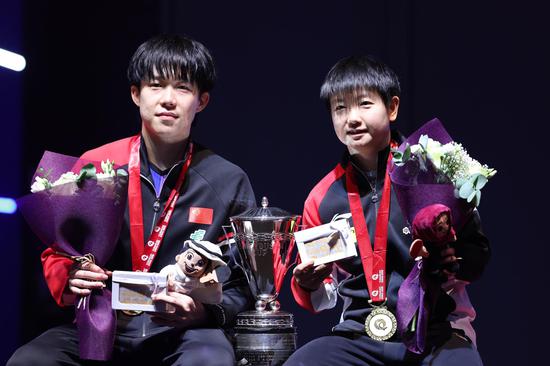








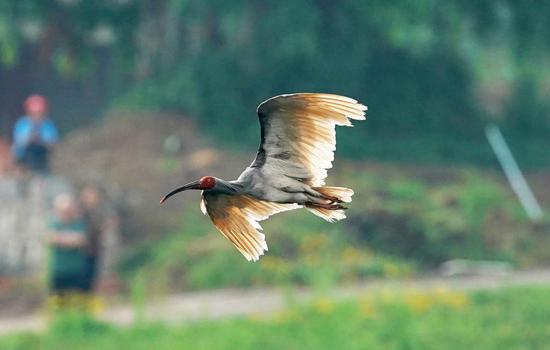
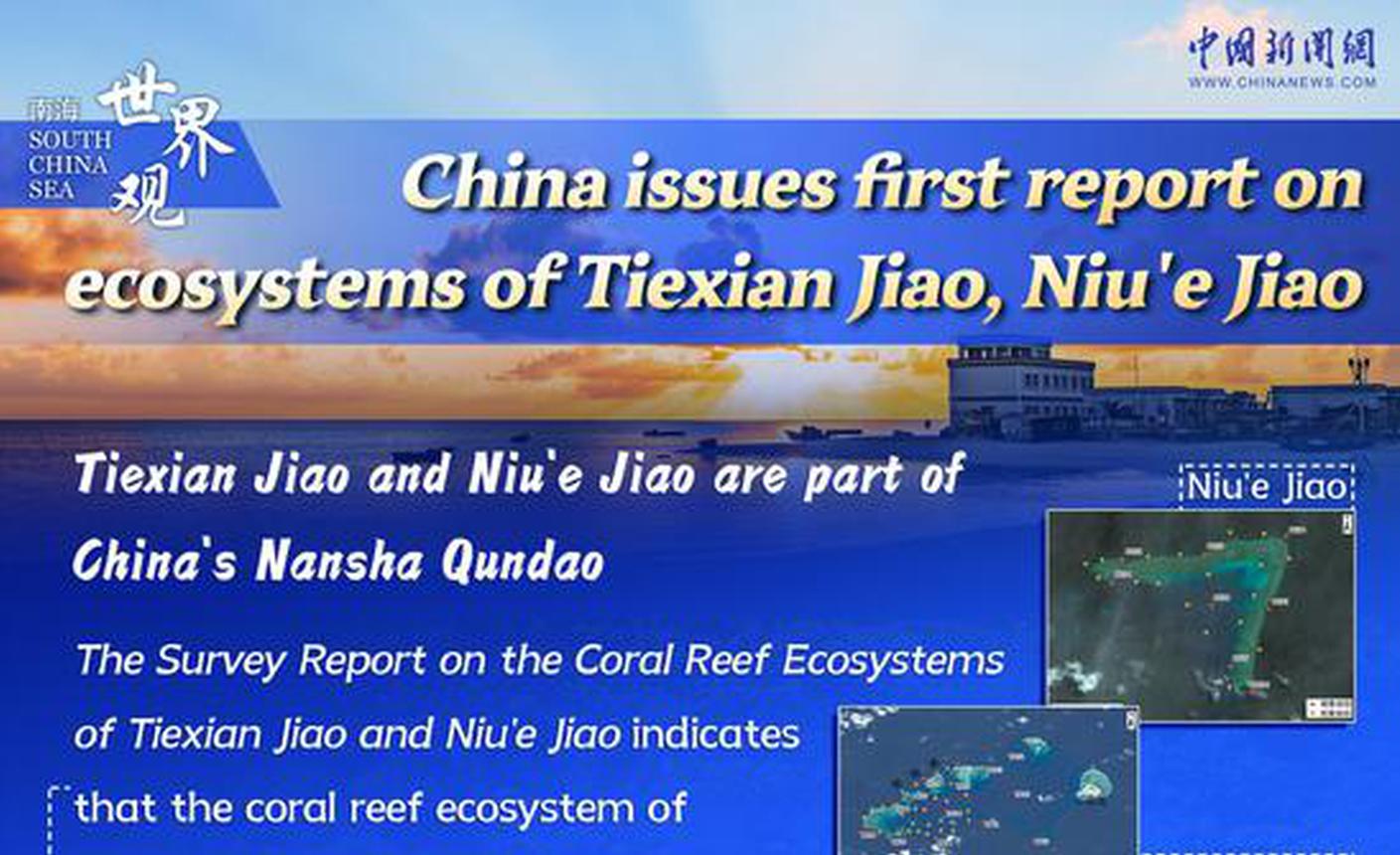
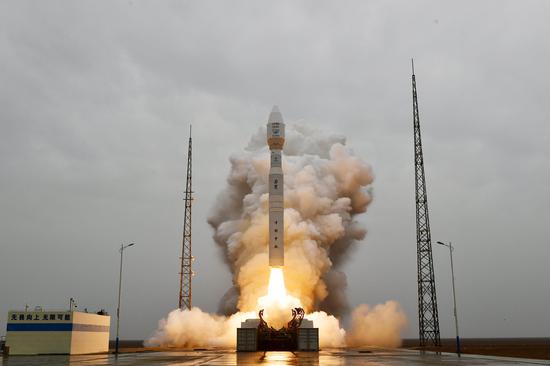












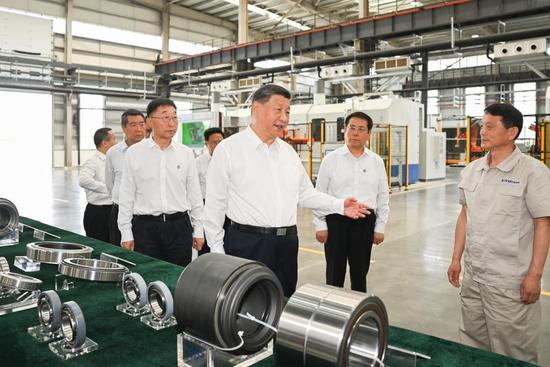


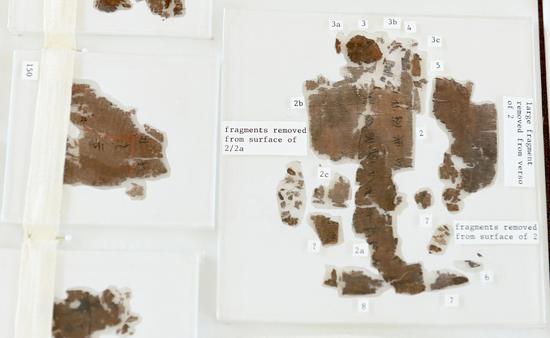
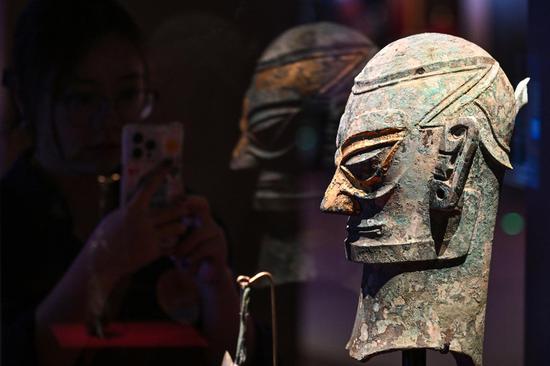



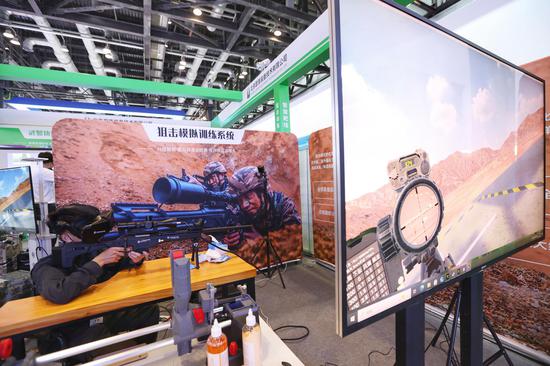

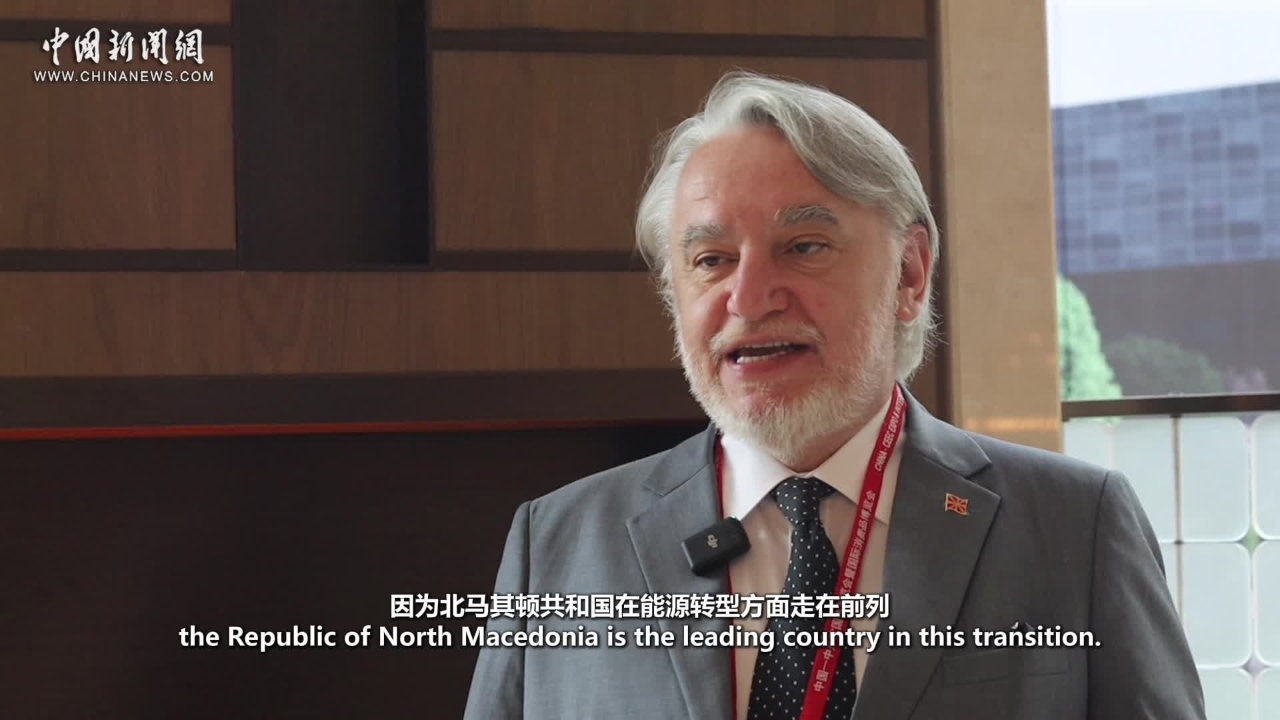

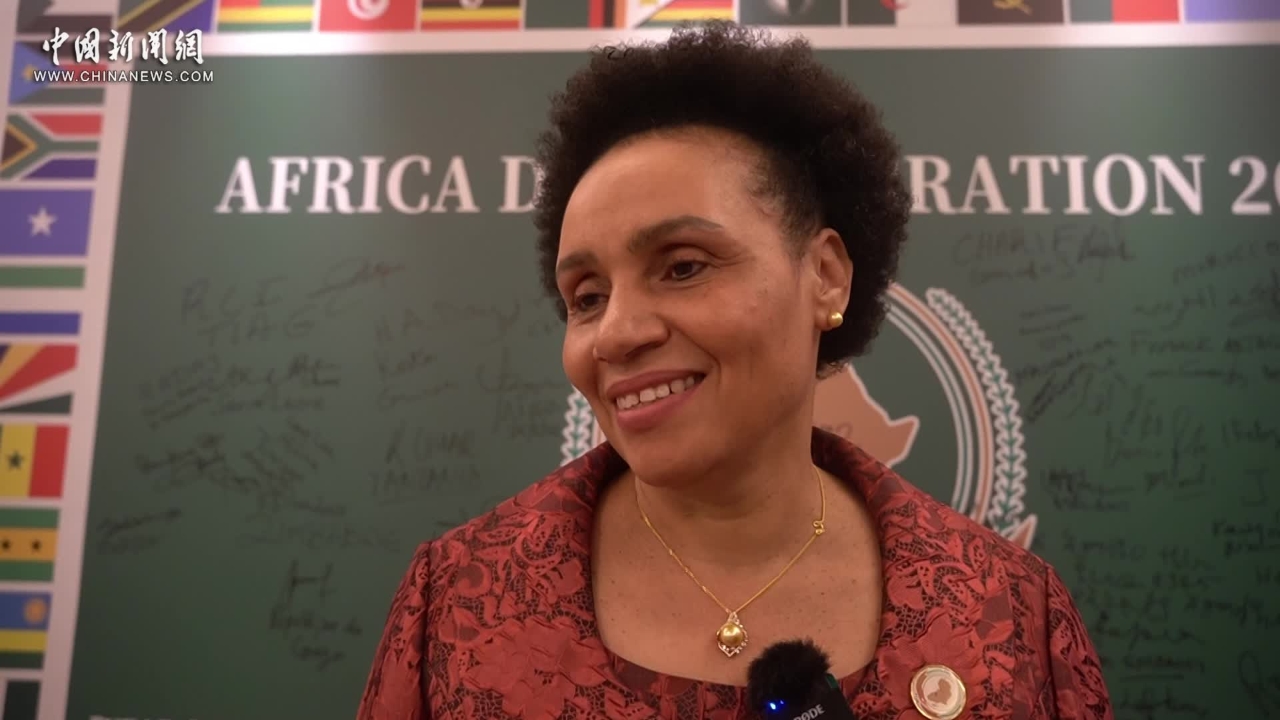

 京公網安備 11010202009201號
京公網安備 11010202009201號